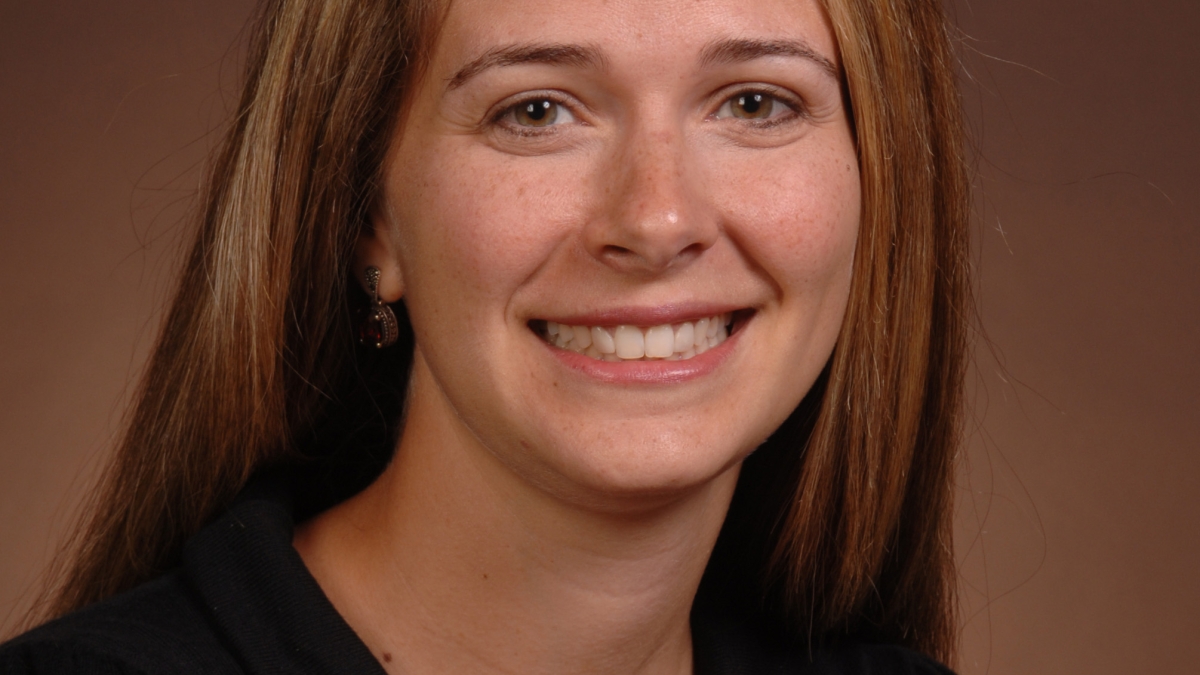Law professor talks about SB 1070 on 'Horizon'

Professor Carissa Byrne Hessick was interviewed on PBS’s Horizon on Sept. 21 about possible modifications to SB 1070 after a Redondo Beach ordinance was struck down by U.S. 9th Circuit Court of Appeals.
The anti-solicitation ordinance, Calif., was ruled unconstitutional based on the First Amendment protection of freedom of speech. The ordinance, which had been in place for more than two decades, prohibited people from standing on the street or highway and soliciting drivers for employment.
SB 1070 has similar provisions that render it illegal for the person seeking employment and the person in the car to block or impede traffic during solicitation, Hessick said.
But, the differences in language could favor SB 1070, Hessick said.
“The Redondo Beach ordinance was broader,” Hessick said. “SB 1070 is specifically about blocking the normal flow of traffic. The second big difference is that, while the Redondo Beach ordinance talked about solicitation, SB 1070 is talked about in terms of employment, which then raises the question ‘Is this commercial speech?’”
Commercial speech maintains some protection under the First Amendment, however, not as much as free political speech, Hessick said.
Hessick teaches Criminal Procedure, Criminal Law, and Federal Crimes. Her research focuses on aggravation and mitigation in criminal sentencing, the criminalization and punishment associated with child pornography, and other political and doctrinal issues associated with sentencing. She recently published an article in the California Law Review on the constitutionality of common sentencing factors.